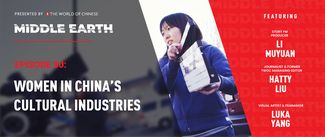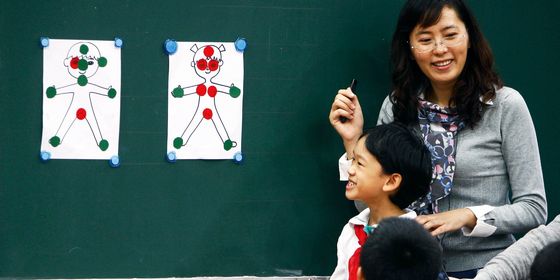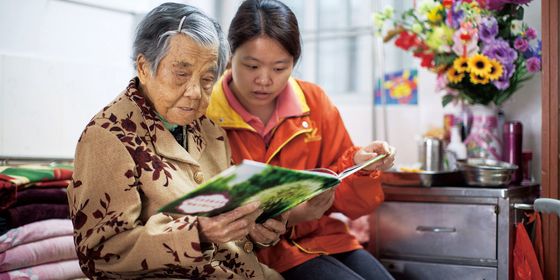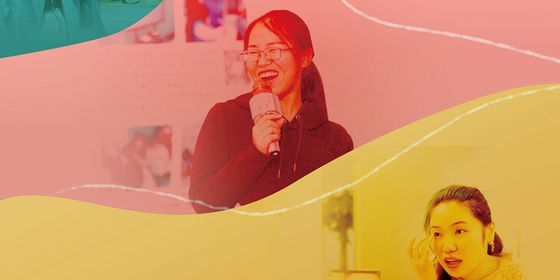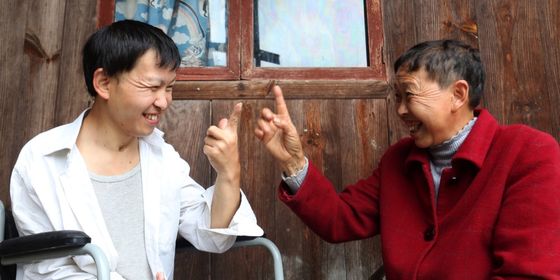Two sex educators for children and adolescents with intellectual disabilities discuss how society can better serve this vulnerable community
If you are old enough, you may recall a shocking news story from 2005: At the Nantong Children’s Welfare Institute in Jiangsu, two teenage girls with intellectual disabilities didn’t know how to deal with their periods, so the institute gave them hysterectomies in order to avoid the hassle of caring for them, as well as any other issues that might arise with sexual maturity.
In recent years, there have been similar instances around the world of women with intellectual disabilities having their wombs removed. Some of these cases involved sexual assault; others were out of parents’ concern that their children would not be able to care for the next generation. At their core is the issue that people with intellectual disabilities still experience great struggles when it comes to issues of sex, marriage, childbirth, and caregiving.
It’s long been the case that when our society discusses people with intellectual disabilities and cognitive disorders, we tend to focus more on their medical, care, and financial needs than on their sexual needs and rights. But in reality, people with intellectual disabilities also experience physical development and sexual maturity. Outside of being able to eat and drink their fill, they also have needs when it comes to sex and love.
Our two guests, Su Yanwen and Zhang Yuchi, both work in sex education for adolescents with intellectual disabilities. They have found that when it comes to these adolescents’ sexuality, many parents and teachers also feel anxious and overwhelmed.
So, how do people with intellectual disabilities experience sexuality? And how can we use sex education to help them understand their bodies and emotions?






